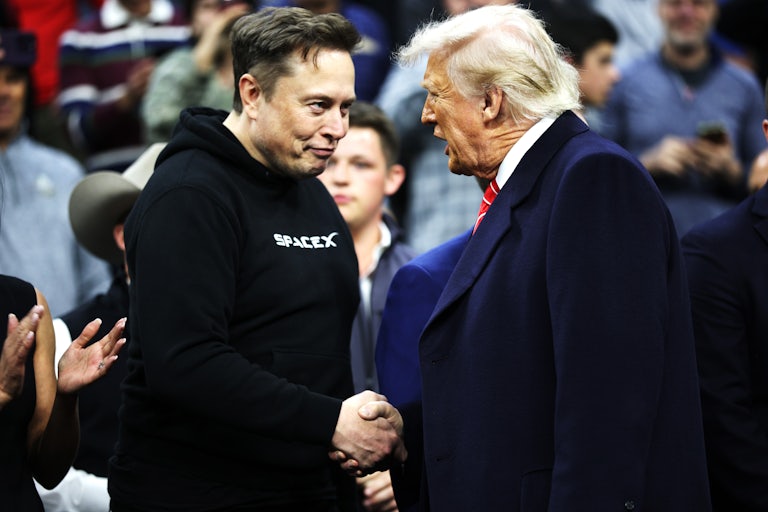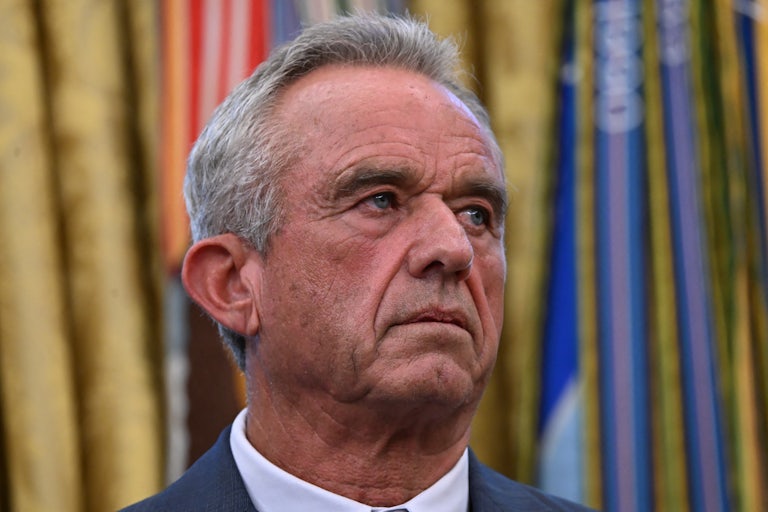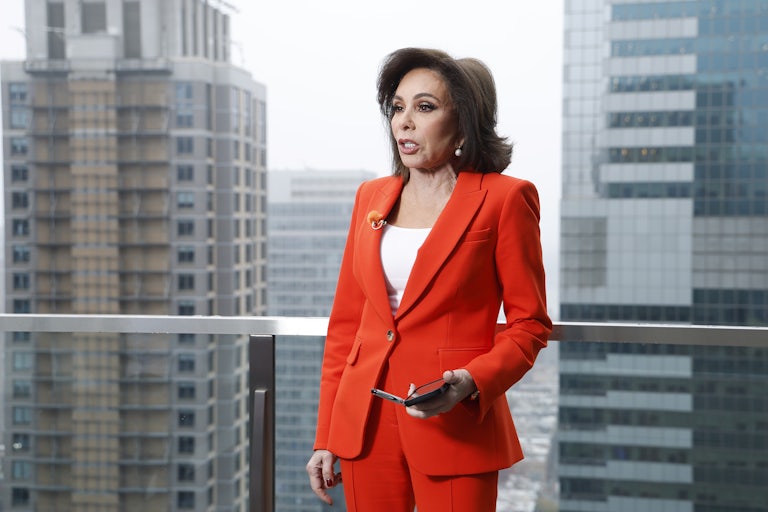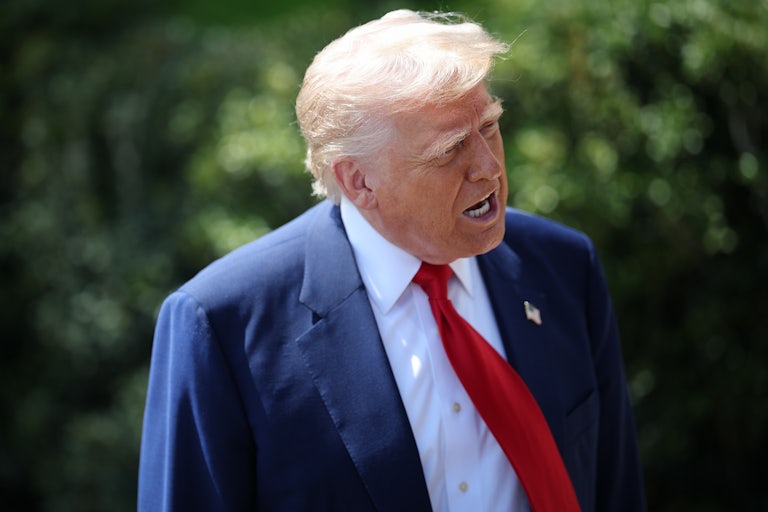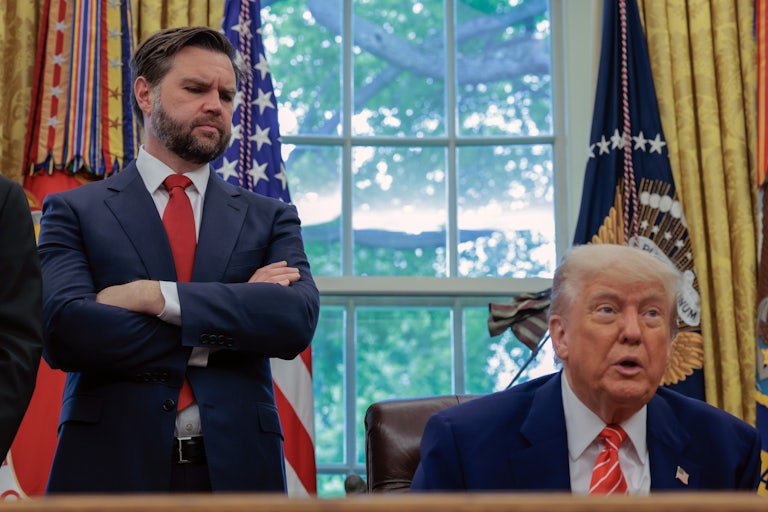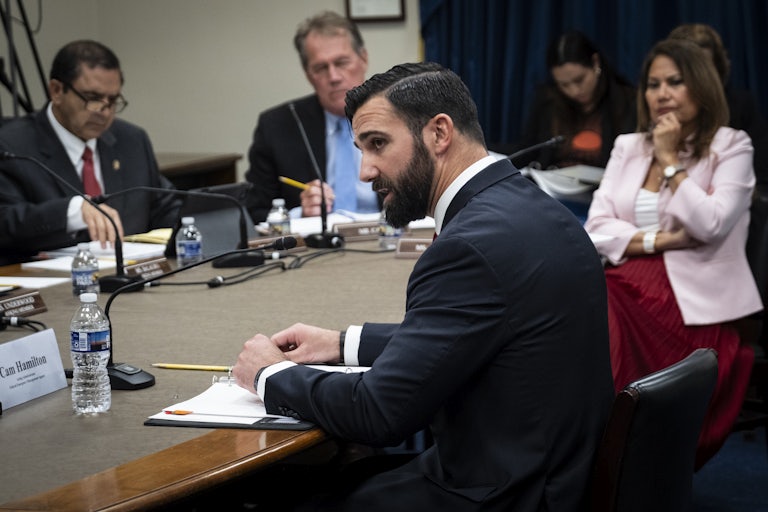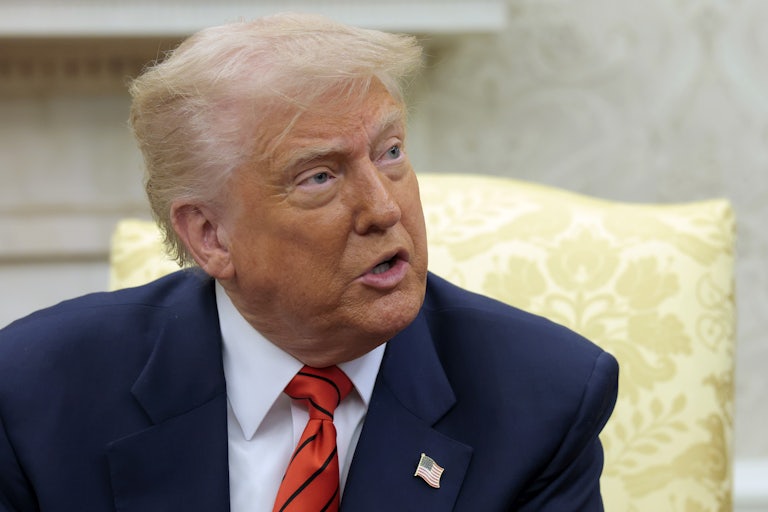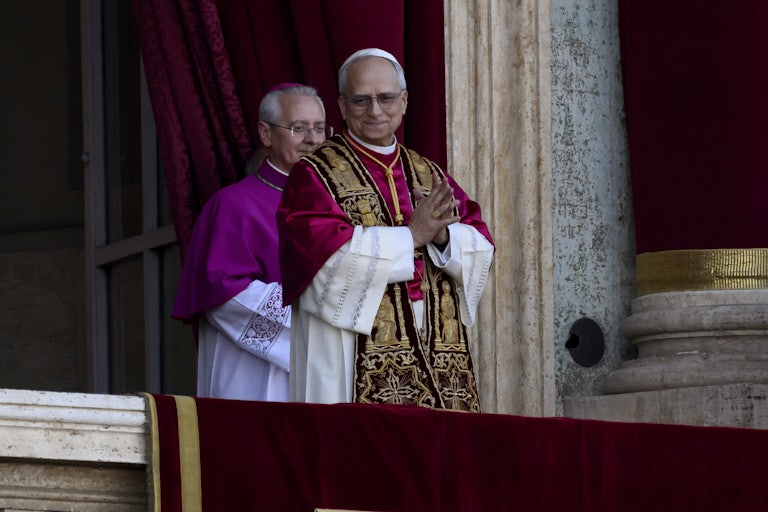Trump’s Supposed U.K. Trade Deal Gets Trashed by Surprising Person
Even the far-right knows Donald Trump’s deal is garbage.
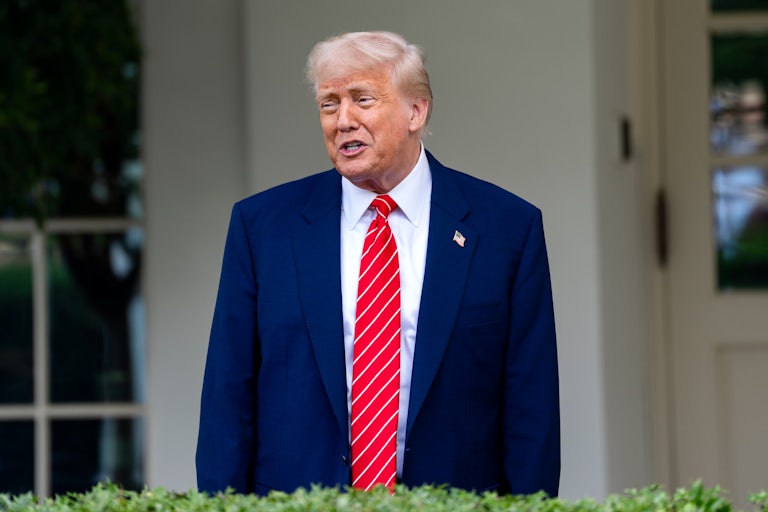
Not even people on Donald Trump’s side think that his trade negotiations with the United Kingdom have gone well.
Conservative radio show host and far-right influencer Erick Erickson blasted the Trump administration’s deal with one its longest and strongest international allies Thursday, likening the minimum rate tariff to permanent taxes on the American people.
“It’s actually a pretty shitty deal with the UK,” wrote Erickson on X. “First, they told us the 10 [percent] tariff was just a baseline for negotiations to get to free trade deals. Now we’re being told the 10 [percent] tariff is for keeps.
“That’s just a tax on the American people,” he noted.
The U.K. deal—announced Thursday—was the first handshake that Trump had secured since announcing his sweeping tariff plans last month. But even the two countries’ “special relationship” (per deceased British Prime Minister Winston Churchill) could not spare the U.K. from a seemingly permanent 10 percent baseline tariff.
“Under the deal, the U.K. can export 100,000 vehicles each year at a 10 percent rate, with any additional vehicles facing 25 percent duties. British steelmakers and the aluminum industry will be able to export tariff-free, down from the 25 percent rate that the U.S. imposed in February,” reported NBC News.
The 10 percent hike is just the tip of the iceberg, according to Trump, who called it a “low number” for future deals.
“They made a good deal,” he continued. “Some will be much higher because they have massive trade surpluses.”
Trump has argued that tariffs are the best solution to closing the country’s trade deficits, which he has incorrectly likened to taxpayer-backed “subsidies” for other nations. He has claimed that without tariffs, the U.S. is transferring wealth to other countries while receiving nothing in exchange. He has also pitched that hiking tariffs on other nations would bring jobs and manufacturing opportunities back to American shores, but economists don’t agree with either point.
Instead, droves of financial and economic experts have insisted that tariffs on other nations will only serve to harm America and its markets, making products more expensive stateside and making American consumers less likely to spend their money (something that Trump doesn’t seem to have any problem with, actually). The Harvard Kennedy Business School even floated in April that America’s trade deficit basically doesn’t matter, writing that “Americans earn more from, or earn just about as much from, their total investments abroad as foreigners earn in the United States.”
“So if you look historically, we have felt no additional pressure about sustainability of our position,” the school wrote in an early stage tariff explainer. “As long as we borrow the money and use it productively to increase investment in the United States, it is eminently sustainable, as with any investment.”
The president’s tariff shenanigans have not boded well for his popularity. The Cook Political Report observed Wednesday that Trump’s net job approval rating had plummeted since just April 15, dropping by seven points from -3.9 percent to -10.7 percent.
An ABC News/Washington Post/Ipsos poll published last month found that Trump’s approval rating had sunk to 39 percent—a 6 percent drop from February—marking the lowest first-100-day rating of a president since modern polling began roughly 80 years ago.
And an April report by the Conference Board found that its consumer confidence index had fallen by 7.9 points, bringing overall U.S. consumer confidence to 86 points. Consumer futures were brought to a 13-year low, with outlooks on the economy dropping by 12.5 points to 54.5 points—well below the threshold of 80 that “usually signals a recession ahead,” according to the Conference Board.
The root cause of the instability was “high financial market volatility in April” that hit American consumers’ stock portfolios and retirement savings hard and fast, per the Conference Board’s report. That was almost singularly due to Trump’s machinations in the White House, which included releasing (and stalling) a sweeping and vindictive tariff proposal plan that economists observed (and the White House eventually confirmed) was founded on bad math.
